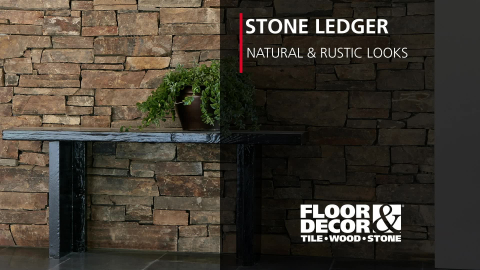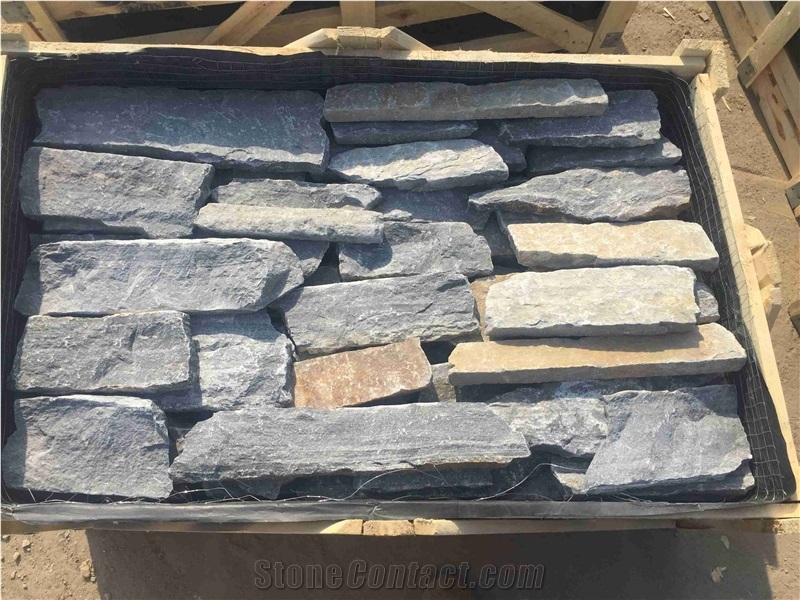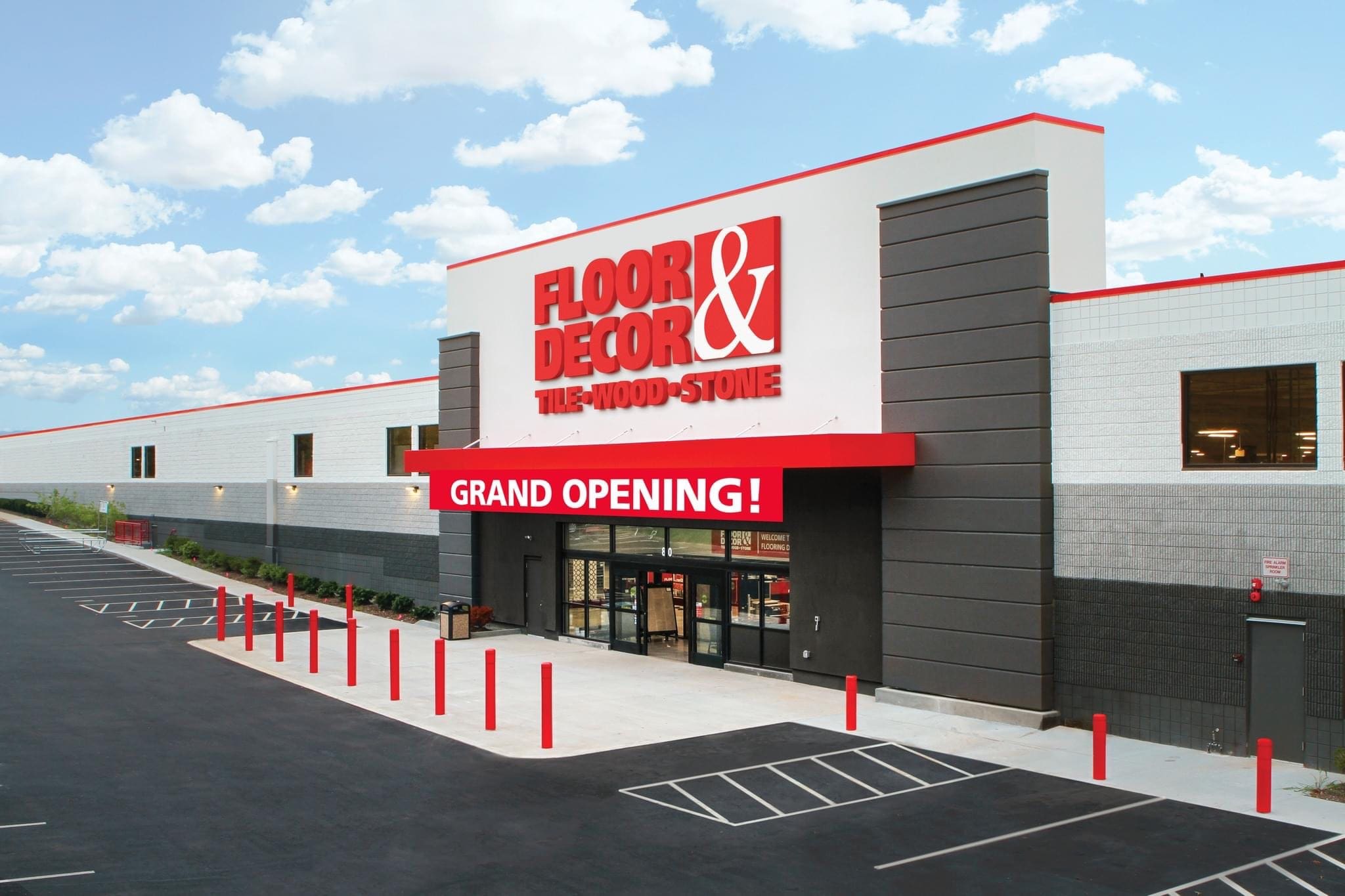Introduction to Floor and Decor Stone
When it comes to home décor, few materials can match the timeless elegance and durability of stone. Floor and Decor, a leading retailer of flooring, offers an extensive selection of stone products that can elevate any space. In this guide, we’ll explore the various types of stone available, how to choose the right one, installation tips, maintenance advice, and much more.
Types of Stone Available at Floor and Decor
1. Natural Stone
Natural stone is a popular choice for those seeking authenticity and uniqueness. Here are some of the most common types available:
- Granite: Known for its durability and resistance to scratches.
- Marble: Offers a luxurious look but needs more maintenance.
- Slate: Provides a rustic appearance, great for outdoor use.
- Limestone: Soft and warm, perfect for indoor spaces.
2. Engineered Stone
Engineered stone, such as quartz, is a blend of natural stone and resin, making it non-porous and easy to maintain. It offers the beauty of natural stone without the associated upkeep.
Choosing the Right Stone for Your Project
Factors to Consider
- Durability: Consider the wear and tear the stone will face.
- Style: Choose a stone that complements your existing décor.
- Budget: Natural stones are often more expensive than engineered options.
- Location: Opt for water-resistant stones for areas like bathrooms and kitchens.
Comparison Table: Natural vs Engineered Stone
| Feature | Natural Stone | Engineered Stone |
|---|---|---|
| Durability | High (depends on type) | Very High |
| Maintenance | Moderate to High | Low |
| Cost | Moderate to High | Moderate |
| Appearance | Unique | Consistent |

Installation of Floor and Decor Stone
Installing stone can be a daunting task if you’re not familiar with the process. Here are some steps and tips to help you through it:
1. Preparing the Subfloor
Ensure your subfloor is clean, dry, and level. This provides a stable foundation for your stone.

2. Choosing the Right Adhesive
Use a thin-set mortar or a urethane-based adhesive specific for stone tiles to ensure a solid bond.
3. Laying the Stone
Start from the center of the room and work your way outward to achieve a balanced look. Apply adhesive to the back of each tile before placing it on the floor.

4. Grouting
After the adhesive sets, fill the joints with grout. This can enhance the overall appearance and prevent dirt accumulation.
5. Sealing the Stone
Most natural stones require sealing to protect them from stains and moisture.

Maintaining Your Floor and Decor Stone
Routine Care
Regular cleaning is essential for maintaining the beauty of your stone. Here’s how to keep your stone looking pristine:
- Use a pH-neutral cleaner specifically designed for stone.
- Avoid acidic or abrasive cleaners that can damage the surface.
- Mop with a damp cloth regularly to prevent dirt buildup.
Dealing with Stains
If you encounter a stain, use a poultice that draws out the stain without harming the stone.

Sealing Frequency
Check your seal regularly. Depending on the stone type and usage, resealing may be necessary every 1-3 years.
Pros and Cons of Choosing Floor and Decor Stone
Pros
- Durability: Stone can last for decades with proper care.
- Unique Aesthetic: Each piece of stone has its own character.
- Increases Home Value: Quality stone can add value to your property.

Cons
- Cost: Initial investment can be high.
- Maintenance: Requires regular cleaning and sealing.
- Weight: Stone is heavy and may require reinforcement in some structures.
Personal Experience with Floor and Decor Stone
As a homeowner, I’ve had the pleasure of using Floor and Decor stone in my own kitchen renovation. I opted for quartzite for its stunning appearance and durability. The installation process was straightforward, and I was impressed by the final result. The stone has not only transformed my kitchen into a beautiful space but has also been incredibly easy to maintain. The compliments from guests are an added bonus!

Frequently Asked Questions
1. Are Floor and Decor stone products environmentally friendly?
Many of the natural stones are sourced responsibly, and engineered stones often have a lower environmental impact, making them a sustainable choice.
2. How do I choose between natural and engineered stone?
Consider your lifestyle, budget, and the specific area of installation. Natural stone offers a unique look, while engineered stone provides consistent beauty and easier maintenance.
3. How much does Floor and Decor stone cost?
The cost varies widely based on the type of stone, size, and finish. Generally, natural stones can cost from $5 to $50 per square foot, while engineered stones range from $25 to $100 per square foot.
4. Can I install stone flooring myself?
If you’re handy and have the right tools, you can install stone flooring yourself. However, hiring a professional is recommended for the best results, especially if you’re unfamiliar with the process.